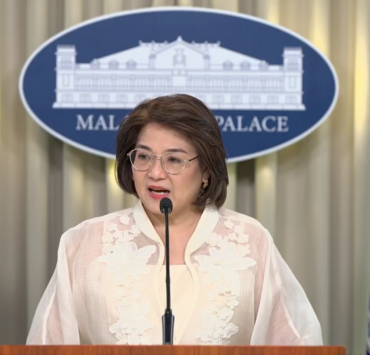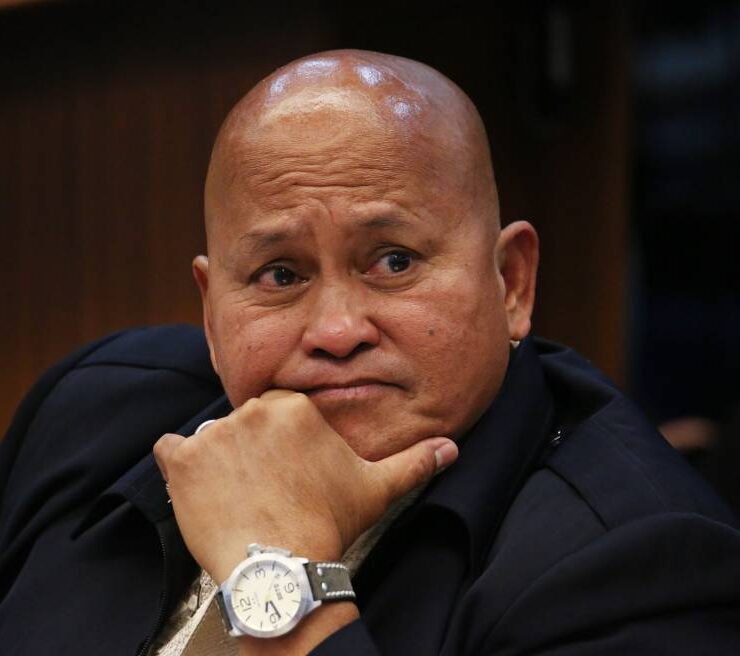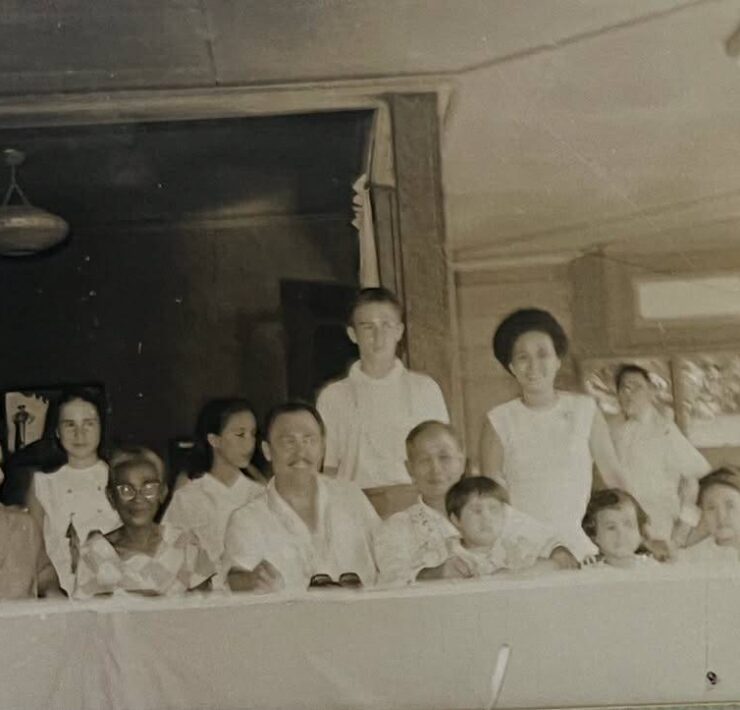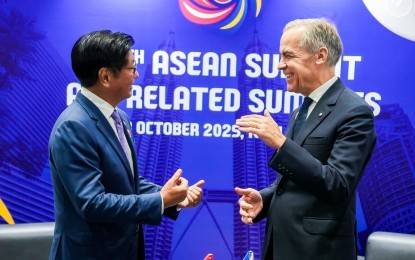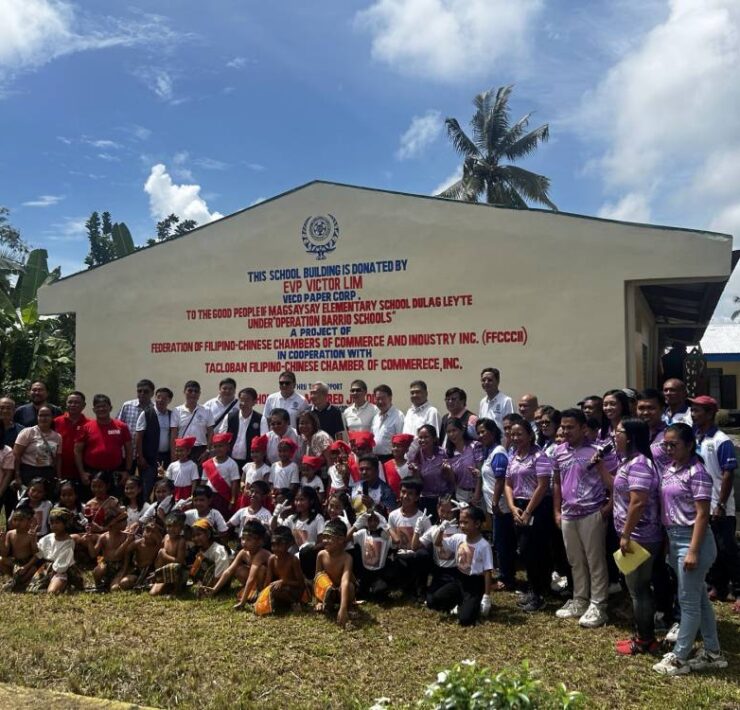‘P20/kilo’ rice scheme spared from Comelec spending ban
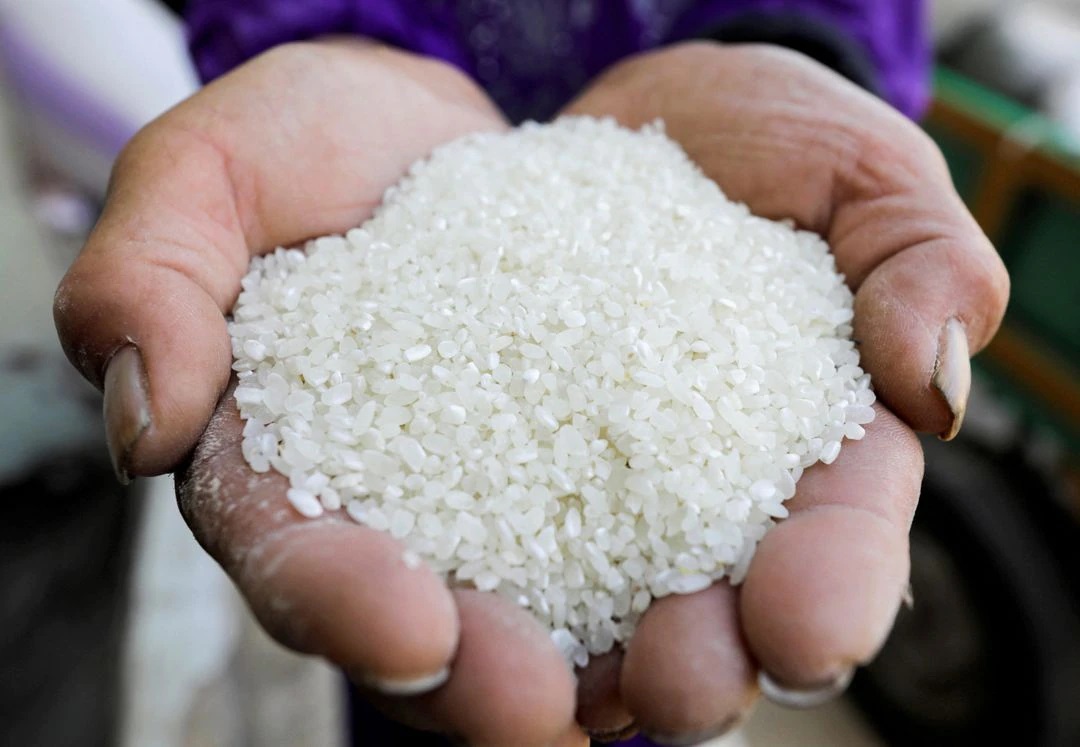
The Commission on Elections (Comelec) has exempted from the poll spending ban the disbursement of public funds for the cheap rice program to be launched in vote-rich Visayas on the condition that it not be used to sway votes in the midterm elections.
The memo dated April 24 was in response to a request made by Agriculture Secretary Francisco Tiu Laurel Jr. to spare his agency’s “P20 per kilo” rice program as the project implementation would run until 2028 and would cover the May 12 elections.
Section 261 of the Omnibus Election Code bans the release, disbursement or use of public funds 45 days before a regular election and 30 days before a special poll. However, certain projects are exempted, such as those for the maintenance of public works or emergency restoration of damaged facilities.
The exception covers P5 billion from the national budget that was set aside for disbursement for the rice program.
The exemption, as recommended by the Comelec law department Director Sittie Tawagon and approved by poll body Chair George Garcia, was granted provided that it “shall not influence the conduct of the 12 May 2025 national and local elections.”
The Department of Agriculture (DA), identified as the requesting party, must submit a “periodic written report of the disbursement” to the concerned regional election office.
It would also be subject to a probe and could face charges should election offenses be committed in relation to the exempted rice project, the memo said.
“The issuance of a certificate of exemption shall not preclude the Comelec from investigating and prosecuting any violation of Section 261 (o) of the (Omnibus Election Code),” it noted.
In signing the memorandum, Garcia, listed additional conditions in his handwriting, among them that the distribution or sale of the marked-down rice be done only in public places. He also ordered that the media and civil society groups be given “unrestricted access” to venues where the rice is to be rolled out.
Note to LGUs
Garcia also stressed that local government units (LGUs) must apply for a separate exemption if they want to get a share of the subsidized rice from the DA and sell it to residents.
“The LGUs who will avail of the P20-per-kilo rice will have to apply for exemption themselves from the Comelec. Just because we gave the exemption to the DA doesn’t mean that they will also be automatically exempted,” he told reporters in an interview on Friday.
“Why? Because DA sells it to the LGUs at P33. That means the LGUs will have to subsidize the P13 … and they would have to ask for their own exemption,” he added.
LGUs seeking exemption must also explain to the Comelec the sourcing and mechanisms for funding.
“If there’s no allocation in their 2025 budget, where will they get the funds?” Garcia asked.
According to the DA, the program would be launched next week in Central, Western and Eastern Visayas as well as Negros Island Region. Each family is allowed to buy up to 19 kilos a week or 40 kilos a month.
Garcia also said the Comelec was not yet in a position to declare any vote-buying as there should be actual complaints citing possible violations that the cheap rice was used to endorse a candidate.
“[F]ormal proceedings will take place if someone raises the issue of whether it is a form of vote buying,” he said.
Aside from the new rice project, Garcia reminded candidates that distributing any form of “ayuda” (social aid) disguised as a government program is covered by the 45-day ban before Election Day.
Malacañang warned the public against fake news and disinformation about the quality of the P20-per-kilo rice.
Presidential Communications Office Undersecretary and Palace press officer Claire Castro said peddlers of fake news are making it appear that the lower-priced rice is only fit for animals.
“What we said was that there may be fake news peddlers who will use and show that the rice to be sold is for animals. Let’s be wary of fake news peddlers who are destroying the project, destroying the President, destroying the hope and aspiration of every Filipino,” Castro said at a press briefing on Friday. —WITH A REPORT FROM JULIE M. AURELIO















